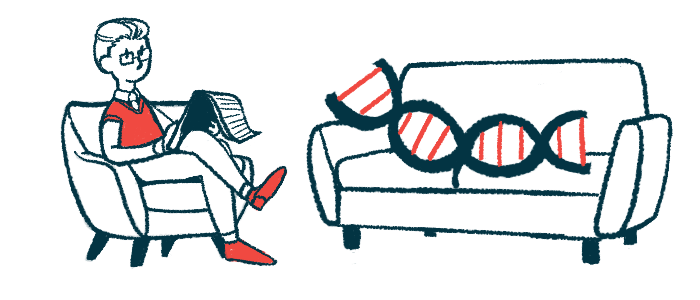BioMarin Resubmits Request to FDA for Roctavian’s Approval
Roctavian would be first gene therapy in the US to treat severe hemophilia A

BioMarin Pharmaceutical has resubmitted an application to the U.S. Food and Drug Administration (FDA) seeking approval of Roctavian (valoctocogene roxaparvovec), potentially the first gene therapy for adults with severe hemophilia A.
The FDA delayed the company’s initial approval request in 2019, with the agency requiring two more years of follow-up data from the Phase 3 GENEr8-1 trial, which supported the first filing.
The resubmission — in the form of a biologics license application (BLA) — now incorporates the company’s reply to the FDA’s complete response letter for Roctavian issued in August 2020. Along with feedback, BioMarin’s reply includes two-year data from GENEr8-1 plus supporting data from five years of follow-up assessments from an ongoing Phase 1/2 dose escalation study.
BioMarin stated it anticipates an FDA ruling by the end of this month on whether the resubmission is complete and acceptable for review. Typically, resubmissions are followed by a six-month review process. However, due to a large amount of submitted data, the company anticipates regulators may require an additional period of three months to complete the review process.
If approved, Roctavian would be the first gene therapy available in the U.S. to treat severe hemophilia A.
“We are pleased to reach this point in the development program for [Roctavian] and look forward to working with the FDA with the goal of bringing a potentially transformative therapy to people with severe hemophilia A in the United States,” Hank Fuchs, MD, BioMarin’s president of worldwide research and development, said in a press release. “This large and robust data set provided in this BLA resubmission shows an encouraging efficacy profile.”
Roctavian, formerly known as BMN 270 and Valrox, is a one-time gene therapy designed to sustainably restore the production of factor VIII (FVIII), the blood-clotting protein that is missing in people with hemophilia A. The gene therapy is expected to reduce and potentially eliminate the need for routine replacement therapy, a current standard treatment to avoid spontaneous bleeds in hemophilia patients.
Roctavian uses a harmless version of an adeno-associated virus (AAV5) to deliver a shorter but functional copy of F8 — the gene that encodes FVIII — to liver cells, the main producers of blood-clotting factors in the body.
The Phase 3 GENEr8-1 trial (NCT03370913) included 134 men with severe hemophilia A who were receiving standard prophylactic (preventive) replacement therapy. Following a single dose of Roctavian, 80% of participants were bleed-free after two years, and most discontinued standard replacement therapies.
The ongoing Phase 1/2 study (NCT02576795), which enrolled 15 patients with severe hemophilia A, also showed the gene therapy reduced bleed rates and the need for replacement therapies for up to six years.
Long-term extension study
The BLA resubmission includes a proposed long-term extension study to follow all trial participants for up to 15 years, plus two post-approval registry studies.
“We remain committed to sharing these data with the public, along with even longer-term data generated through our ongoing clinical trials and any post-approval studies, to further our understanding of AAV gene therapy in severe hemophilia A and of gene therapies more broadly,” Fuchs said.
Early last year, the FDA granted Roctavian the designation of regenerative medicine advanced therapy, which is intended to promote the development and review of regenerative medicine treatments expected to address unmet medical needs in patients with serious conditions.
The European Commission recently granted conditional approval to Roctavian for severe hemophilia A patients who do not have detectable antibodies against AAV5 or inhibitors to replacement therapies. Regulators also recommended the treatment maintain its orphan drug status, a ranking given to medicines that treat rare, life-threatening, or chronically debilitating conditions, thereby granting 10 years of market exclusivity in the European Union.







